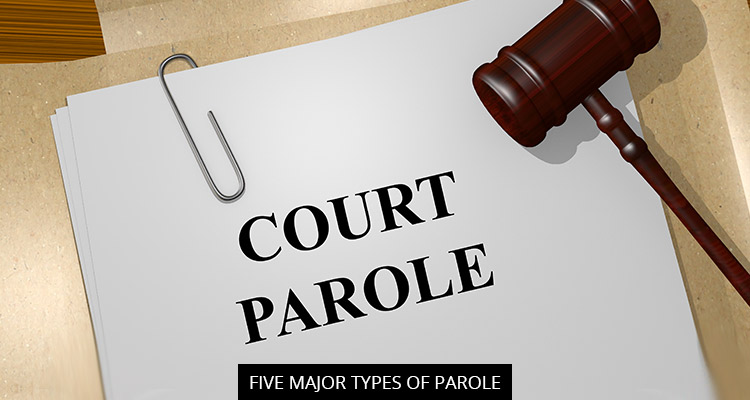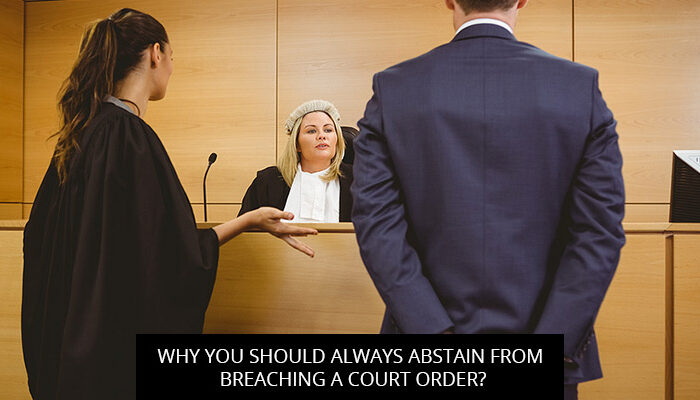What Is A Parole?
Parole is a supervised conditional release from prison. A parole officer from the Correctional Service of Canada will supervise the offender while they are out in the community on parole. The Parole Board of Canada (PBC) has the legal authority under the Corrections and Conditional Release Act (CCRA) to review parole applications and makes decisions regarding parole, it is a federal administrative tribunal.
What Factors Are Considered Before Passing A Parole Order?
Pursuant to section 101 of the CCRA, the PBC takes into account the two essential factors before ordering the parole orders for the offender:
- If, prior to the completion of the sentence, the offender’s release poses no risk to the security of the society
- If the offender’s release has the potential to contribute to the betterment of the society as an obedient and a well-behaved citizen
Under What Exceptional Circumstances, Early Parole Can Be Granted?
As per section 121(1) of the CCRA, an individual might be granted early parole under following circumstances:
- is critically ill or on death-bed
- the physical or mental health of the offender is really at stake
- the prison time or confinement is excessively hard or rigorous on the offender which was not reasonably anticipated at the time of the sentence
- Under the Extradition Act, an individual is subject to a surrender order and must be imprisoned until he surrenders.
Types Of Parole
It is pertinent to note that if you have been granted parole then it does not imply that your sentence has ended. There are different kinds of parole and release that can be granted, with different conditions and requisites to qualify.
Temporary Release – Escorted Temporary Absences
One may apply for an Escorted temporary absence at any time during a sentence. In most instances, it tends to be supported by the Correctional Service of Canada without applying to the Parole Board for assent (there are few exemptions for extensively lengthy prison terms).
These absences are expected to facilitate offenders in attending family crises or emergencies, medical appointments or to encourage work in the community. In temporary releases, the offender is brought back to prison at the end of the release.
Temporary Release – Unsupervised Temporary Absences
Similar to an escorted release, in this the offender is bound to return to prison after their temporary release, but they will not be supervised straightaway. In cases where the sentence is usually 2-3 years long, the offender must have served half a year to be eligible.
If the sentence is of 3 years or more the offender must have served 1/6 of their sentence to be eligible for parole, and for life sentences, there should be only 3 years remaining before parole eligibility.
Day Parole
As the name indicates, offenders are permitted to go out during the day for the purpose of participating in the community or attending employment, and at night they are expected to return to a residential facility or a “half-way” house. There may be additional limitations on their activities in the community that can be enforced.
Offenders are qualified for this program if there is just a half year remaining before their full parole eligibility, or 6 months into their sentence if that would be a longer-term. Prisoners with life sentences are eligible 3 years before their full parole eligibility. This must be approved by the Parole Board of Canada and can be revoked for breaching conditions, committing new crimes, and so forth.
Full Parole
Full parole is being released into the community under supervision by a parole office, but unlike day parole, living arrangements are independent. Full parole generally follows the effective conclusion of day parole.
An offender is eligible for full parole after serving 1/3 of the sentence or 7 years. For first-degree murder, parole is unimaginable until 25 years have been served by the offender. The Parole Board must approve the release. Offenders are under the observation of their parole officer until their sentence is finished.
Statutory Release
Most offenders, they are granted parole after 2/3 of their sentence if parole has not already been allowed by the Parole Board at 1/3 sentence completion. The parole officers supervise the conduct of the offenders until the completion of their sentence.
Our Skilled Lawyers Can Help You
If you or a family member have been sentenced to a term of detainment, it is essential to remember that there is still a probability of early release. Even if you have been found guilty of a crime, there might be options for an early administered release on parole. Ayaz Mehdi professional Corporation has experienced criminal lawyers who can make you aware of your options and assist you with a parole application. Our criminal lawyers will help you explore your options.
Disclaimer: Kindly note that sending or receiving information through this site does not establish a solicitor-client relationship. Legal matters are fact-specific, and the law is variably changing. The views expressed and the content provided on this blog are general guidelines and cannot substitute for proper legal advice. Schedule your legal consultation by clicking here: Let’s meet!







